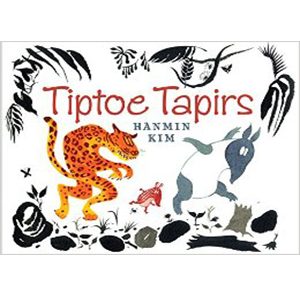Chinese Art and Dynastic Time
Throughout Chinese history, dynastic time—the organization of history through the lens of successive dynasties—has been the dominant mode of narrating the story of Chinese art, even though there has been little examination of this concept in discourse and practice until now. Chinese Art and Dynastic Time uncovers how the development of Chinese art was described in its original cultural, sociopolitical, and artistic contexts, and how these narratives were interwoven with contemporaneous artistic creation. In doing so, leading art historian Wu Hung opens up new pathways for the consideration of not only Chinese art, but also the whole of art history.
Wu Hung brings together ten case studies, ranging from the third millennium BCE to the early twentieth century CE, and spanning ritual and religious art, painting, sculpture, the built environment, and popular art in order to examine the deep-rooted patterns in the historical conceptualization of Chinese art. Elucidating the changing notions of dynastic time in various contexts, he also challenges the preoccupation with this concept as the default mode in art historical writing. This critical investigation of dynastic time thus constitutes an essential foundation to pursue new narrative and interpretative frameworks in thinking about art history.
Remarkable for the sweep and scope of its arguments and lucid style, Chinese Art and Dynastic Time probes the roots of the collective imagination in Chinese art and frees us from long-held perspectives on how this art should be understood.
RM418.00
2 in stock
Description
Throughout Chinese history, dynastic time—the organization of history through the lens of successive dynasties—has been the dominant mode of narrating the story of Chinese art, even though there has been little examination of this concept in discourse and practice until now. Chinese Art and Dynastic Time uncovers how the development of Chinese art was described in its original cultural, sociopolitical, and artistic contexts, and how these narratives were interwoven with contemporaneous artistic creation. In doing so, leading art historian Wu Hung opens up new pathways for the consideration of not only Chinese art, but also the whole of art history.
Wu Hung brings together ten case studies, ranging from the third millennium BCE to the early twentieth century CE, and spanning ritual and religious art, painting, sculpture, the built environment, and popular art in order to examine the deep-rooted patterns in the historical conceptualization of Chinese art. Elucidating the changing notions of dynastic time in various contexts, he also challenges the preoccupation with this concept as the default mode in art historical writing. This critical investigation of dynastic time thus constitutes an essential foundation to pursue new narrative and interpretative frameworks in thinking about art history.
Remarkable for the sweep and scope of its arguments and lucid style, Chinese Art and Dynastic Time probes the roots of the collective imagination in Chinese art and frees us from long-held perspectives on how this art should be understood.
Publisher: Princeton University Press
Hardback
2022
ISBN: 9780691231013






